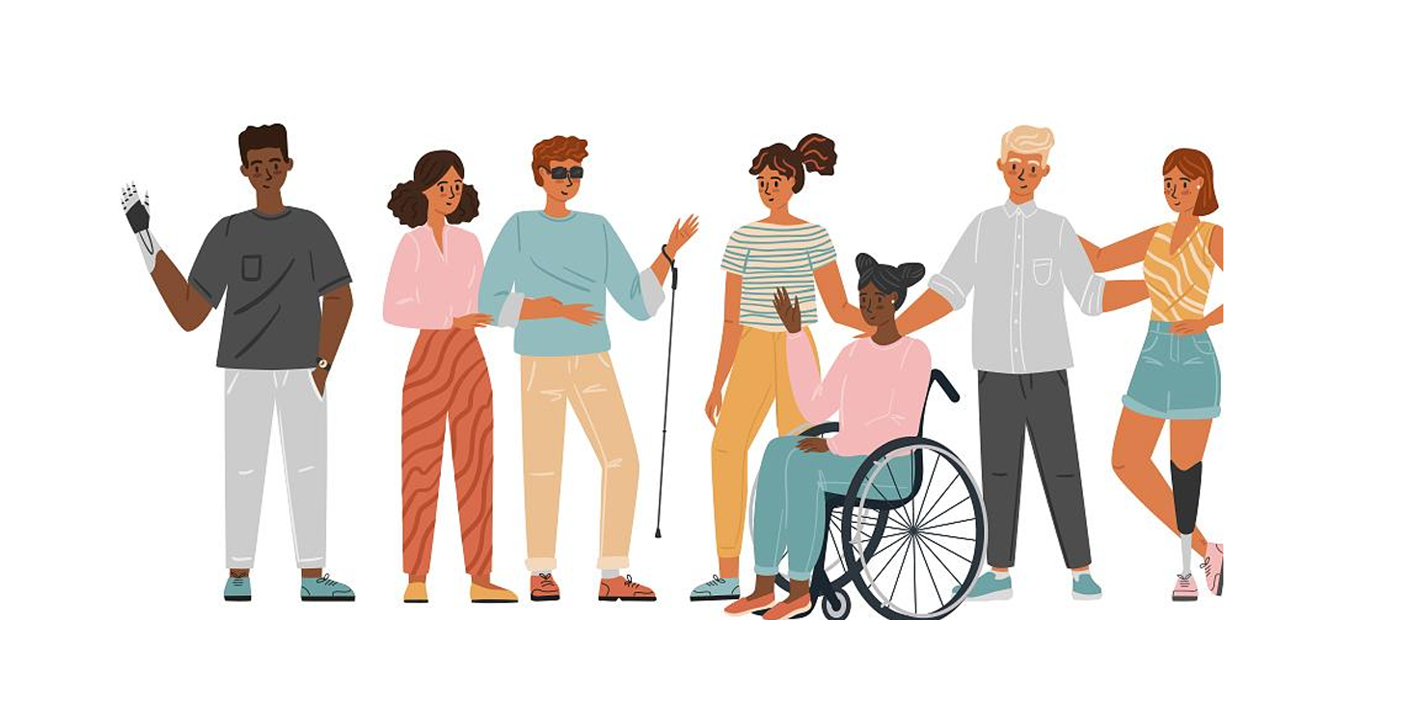
The trend of food shaming
With what we eat coming under the spotlight more and more, our food choices are frequently being judged as ‘good’ or ‘bad’. Dr Tracey Devonport, sports and exercise psychologist, looks at the increasing trend for food shaming – and explains why we need to cut ourselves (and others) some slack.
“In modern society the food options available to us are vast, so on a daily basis we face many dietary decisions.

Fuelled by marketing, media, and online technologies, food types high in sugar and/or fat are increasingly labelled as, and perceived to, be bad foods.
A consequence of this is an increase in the trend of food shaming.
Food shaming is where an individual is judged, or indeed judges themselves, in a disparaging or hostile way on the basis of their food choice.
Individuals fearful of food shaming may deprive themselves of those food types labelled as ‘bad’. However, these tend to be the very food types we seek out when we consume food to satisfy an emotional need, rather than hunger.
So here lies the problem - and why we need to cut ourselves (and others) some slack.
Denial
The denial of a food type we would like to consume may carry a cost for wellbeing. Take the example of an individual who has had an incredibly stressful day. Research suggests that stress leads to a greater desire to eat foods high in fat or sugar.
It has also been demonstrated that consuming foods high in sugar triggers reward centres in the brain, and as such may help alleviate stress.
So for this stressed individual, who may fear food shaming, this presents a dilemma - eat the food we crave, or deny ourselves?
If this individual is perceived (or perceived themselves) to be overweight, or obese, they are more likely to face food shaming, and so this can be even more troublesome.
Following rigid rules, such as ‘good food, bad food’ rules, can be incredibly challenging and tax our self-control to the extent we that lose self-control.
We don’t need to look very far for evidence of how challenging rigid dietary rules are. Strategies to lose weight often fail, with an estimated 50-75% of people regaining their lost weight within five years.
So our recommendation would be to follow the saying ‘it’s okay to have a little of what you like’, both in your own dietary habits and in observing those of others.
It is only when poor food choices become the default food choice that there is cause for concern, or indeed supportive suggestions.”
- Dr Tracey Devonport’s research interests include stress, coping, and emotion regulation, as well as emotional intelligence, emotional eating, self-control, self-efficacy and body image. She has authored more than 45 peer refereed journal articles, three books and 13 book chapters.
For more information please contact the Corporate Communications Team.


/prod01/wlvacuk/media/departments/digital-content-and-communications/images-2024/Diane-Spencer-(Teaser-image).jpg)
/prod01/wlvacuk/media/departments/digital-content-and-communications/images-18-19/220325-Engineers_teach_thumbail.jpg)
/prod01/wlvacuk/media/departments/digital-content-and-communications/images-2024/240509-Menopause-Research-Resized.jpg)
/prod01/wlvacuk/media/departments/digital-content-and-communications/images/Maria-Serria-(teaser-image).jpg)
/prod01/wlvacuk/media/departments/digital-content-and-communications/images-2024/241014-Cyber4ME-Project-Resized.jpg)
/prod01/wlvacuk/media/departments/digital-content-and-communications/images-2024/240315-Research-Resized.jpg)
/prod01/wlvacuk/media/departments/digital-content-and-communications/images-2024/BDA-group-photo.jpg)

